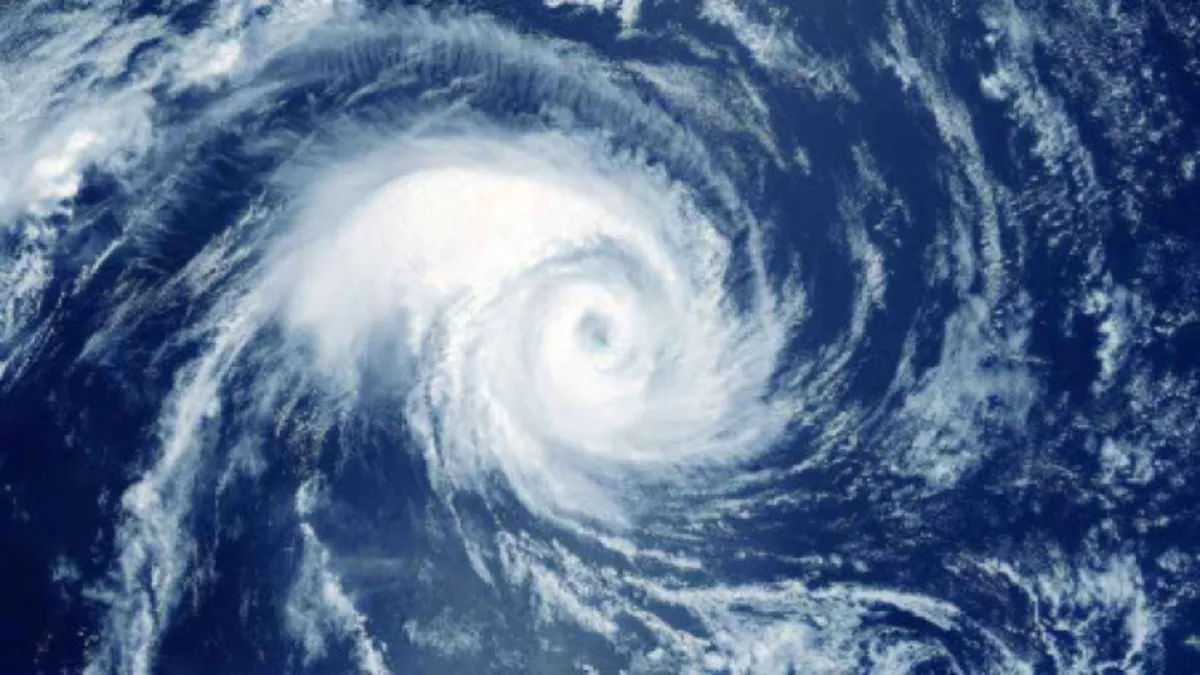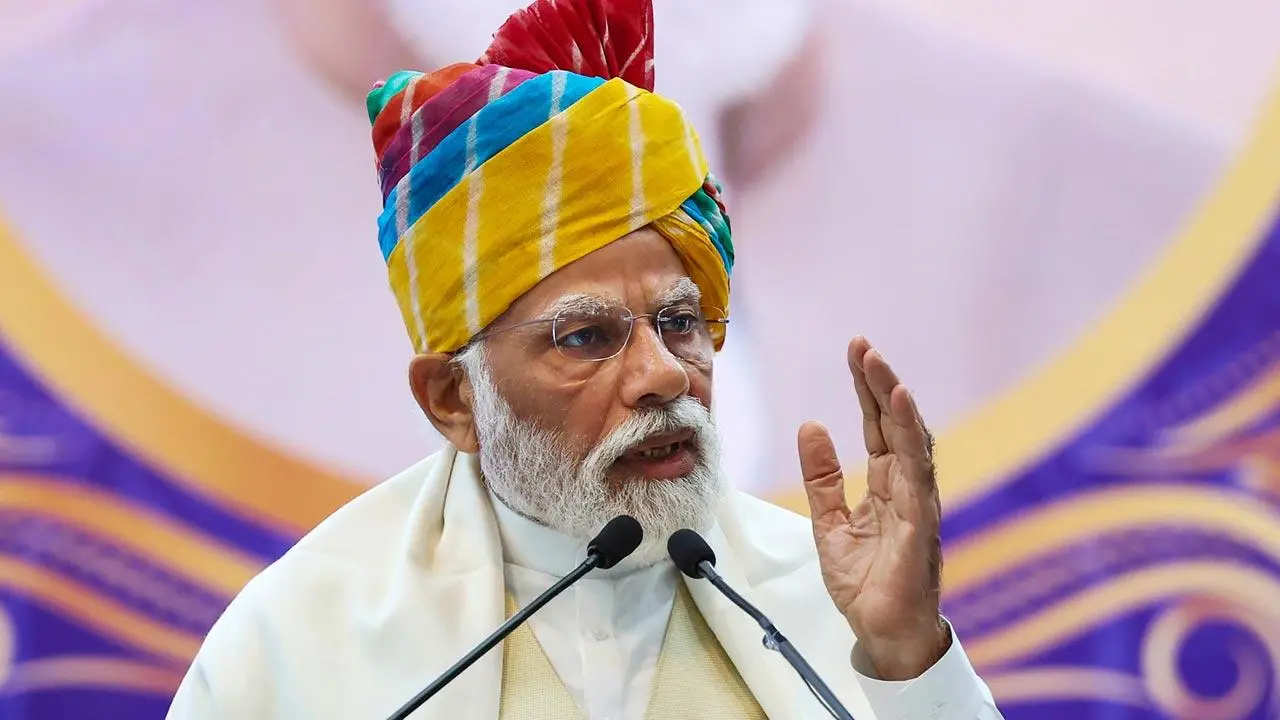The cyclone, named Mocha by Yemen — pronounced as ‘Mokha’, is likely to bring heavy rain to the Andaman island chain
Kolkata: The deep depression over the Bay of Bengal has intensified into a cyclonic storm — Mocha — overnight and it is likely to make landfall between Cox’s Bazar in Bangladesh and Sittwe in Myanmar, officials said on Thursday, May 11, a PTI report in The Tribune, Chandigarh, said.
The cyclone, named Mocha by Yemen — pronounced as ‘Mokha’, is likely to bring heavy rain to the Andaman island chain, they said.
At 8.30 am, the cyclonic storm was about 510 km southwest of Port Blair, the India Meteorological Department (IMD) said.
It is likely to turn into a severe cyclonic storm by tonight, it said.
“It would reach its peak intensity on the evening of May 13,” the IMD said.
It is likely to weaken slightly from the morning of May 14, and cross southeast Bangladesh and north Myanmar coasts between Cox’s Bazar and Kyaukpyu with a maximum sustained wind speed of 120-130 kmph, gusting to 145 kmph, the IMD said.
Ahmadul Haque, director of Bangladesh’s Cyclone Preparedness Programme, said they had deployed 8,600 volunteers in Cox’s Bazar and another 3,400 Rohingya volunteers in the refugee camps, AFP reported.
How Cyclone Mocha is named?
The Cyclone Mocha (Mokha) – a name suggested by Yemen – is named after the Red Sea port city which is known to have introduced coffee to the world over 500 years ago.
How cyclones get their name?
Cyclones are named depending on the regional rules.
The system of naming cyclones was adopted by the World Meteorological Organisation (WMO) and member countries of the United Nations Economic and Social Commission (ESCAP).
According to the WMO, in the Atlantic and in the Southern Hemisphere (Indian Ocean and South Pacific), tropical cyclones receive names in alphabetical order, and women’s and men’s names are alternated, while in the Northern Indian Ocean, the names are listed alphabetically by country and are gender-neutral.
***********************************************************
Readers
These are extraordinary times. All of us have to rely on high-impact, trustworthy journalism. And this is especially true of the Indian Diaspora. Members of the Indian community overseas cannot be fed with inaccurate news.
Pravasi Samwad is a venture that has no shareholders. It is the result of an impassioned initiative of a handful of Indian journalists spread around the world. We have taken the small step forward with the pledge to provide news with accuracy, free from political and commercial influence. Our aim is to keep you, our readers, informed about developments at ‘home’ and across the world that affect you.
Please help us to keep our journalism independent and free.
In these difficult times, to run a news website requires finances. While every contribution, big or small, will makes a difference, we request our readers to put us in touch with advertisers worldwide. It will be a great help.
For more information: pravasisamwad00@gmail.com











